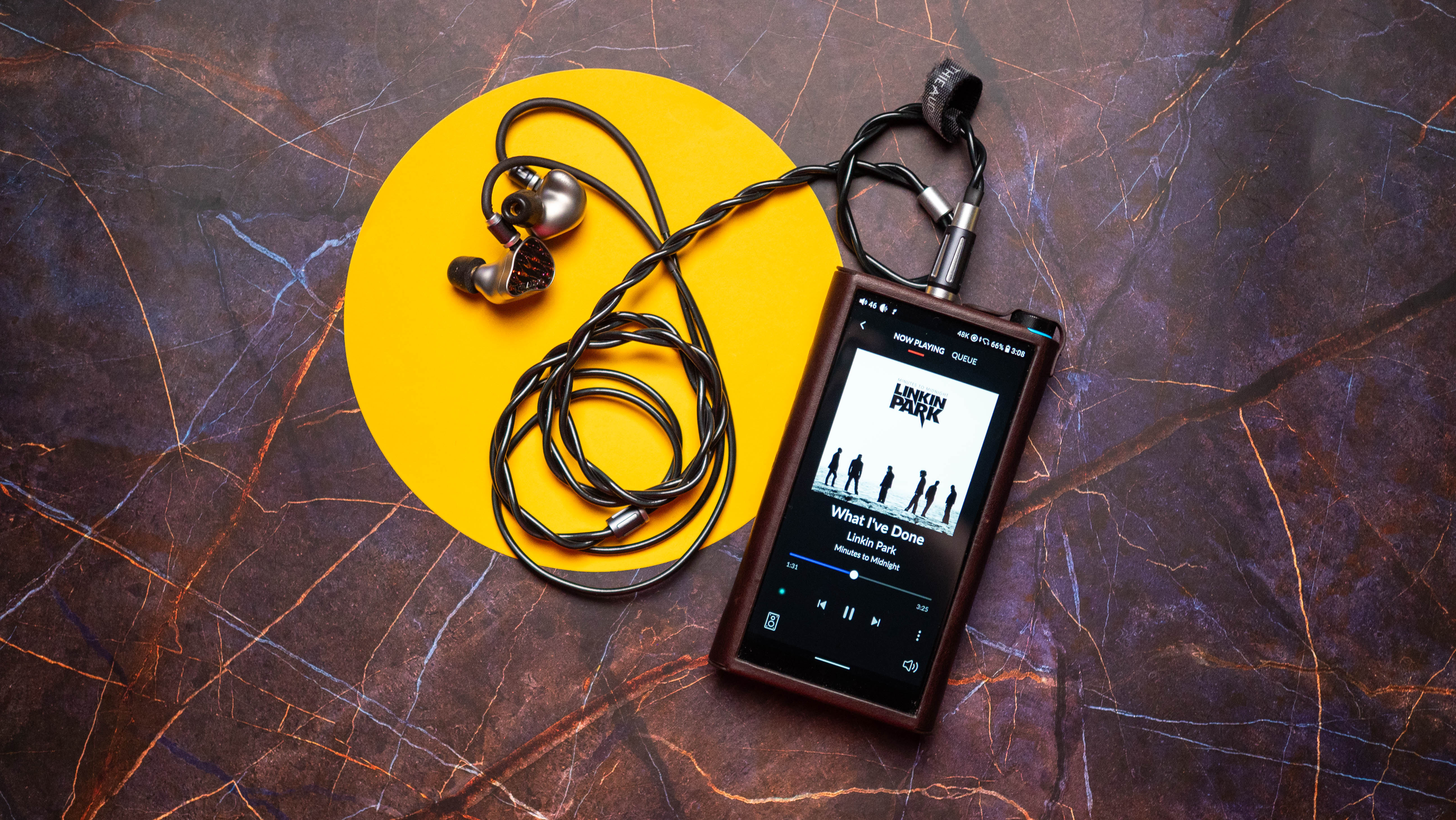Google Home's future should rely on LaMDA more than ambient computing
Google is launching a full suite of Pixels, but its true focus is the AI behind the scenes.
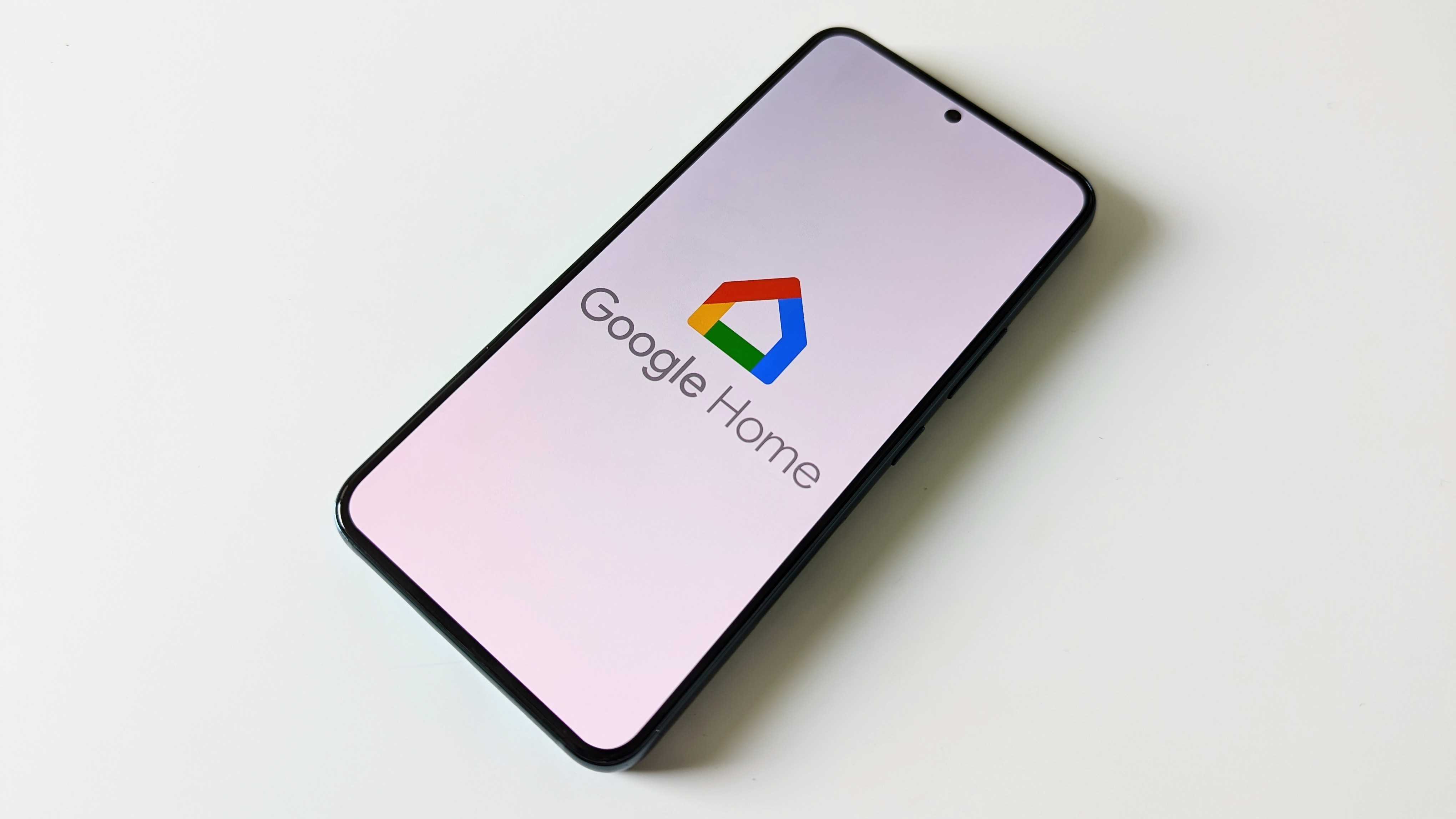
After 90 minutes focused on niche Google software advancements, Google I/O 2022 ended with a rapid-fire list of Pixel hardware announcements that got the tech world buzzing. But beyond the hype, Google didn't actually give us much hard info about them, except that they'll work "Better Together for You" and rely on Tensor and Assistant.
Some of my coworkers believe Google is finally creating a compelling ecosystem with the interconnectivity of Apple tech without the "walled garden" drawback. One skeptical colleague believes Pixel hardware is just a vanity project that'll lose money but get people invested in Google software.
Whether you believe in Google's newfound hardware push or doubt it'll succeed, Google itself all but admitted its devices are a means to an end.
Only Google would proudly state its hardware will be completely invisible and interchangeable in the future.
In the I/O aftermath, people mostly remembered Google SVP Rick Osterloh yanking up his sleeve to show off the Pixel Watch. But he began his time on stage by saying Google wanted to take an "ambient computing" approach that "gets the tech out of your way," where it "doesn't matter what device you're using."
What does that mean? That "your front door knows when to lock itself" or "your TV pauses itself when you get up to grab a snack," without any user input. The kind of home-of-the-future stuff we've been promised for years, built on the back of new initiatives like Matter where all smart home devices work with any ecosystem.
More immediately, Google will soon launch LaMDA 2 through AI Test Kitchen. It's a revamped AI platform that can help guide you on growing a vegetable garden (or any other difficult task) by giving you a step-by-step list of what you need to do and answering your questions. And it can hold detailed conversations on topics like "What is the ocean floor like?" and answer your follow-up questions like "What is the temperature?" without getting confused or side-tracked.
LaMDA could offer Tensor-backed Pixel devices a major intelligence boost and give Google Assistant an edge over Alexa and Siri for providing useful information.
Get the latest news from Android Central, your trusted companion in the world of Android
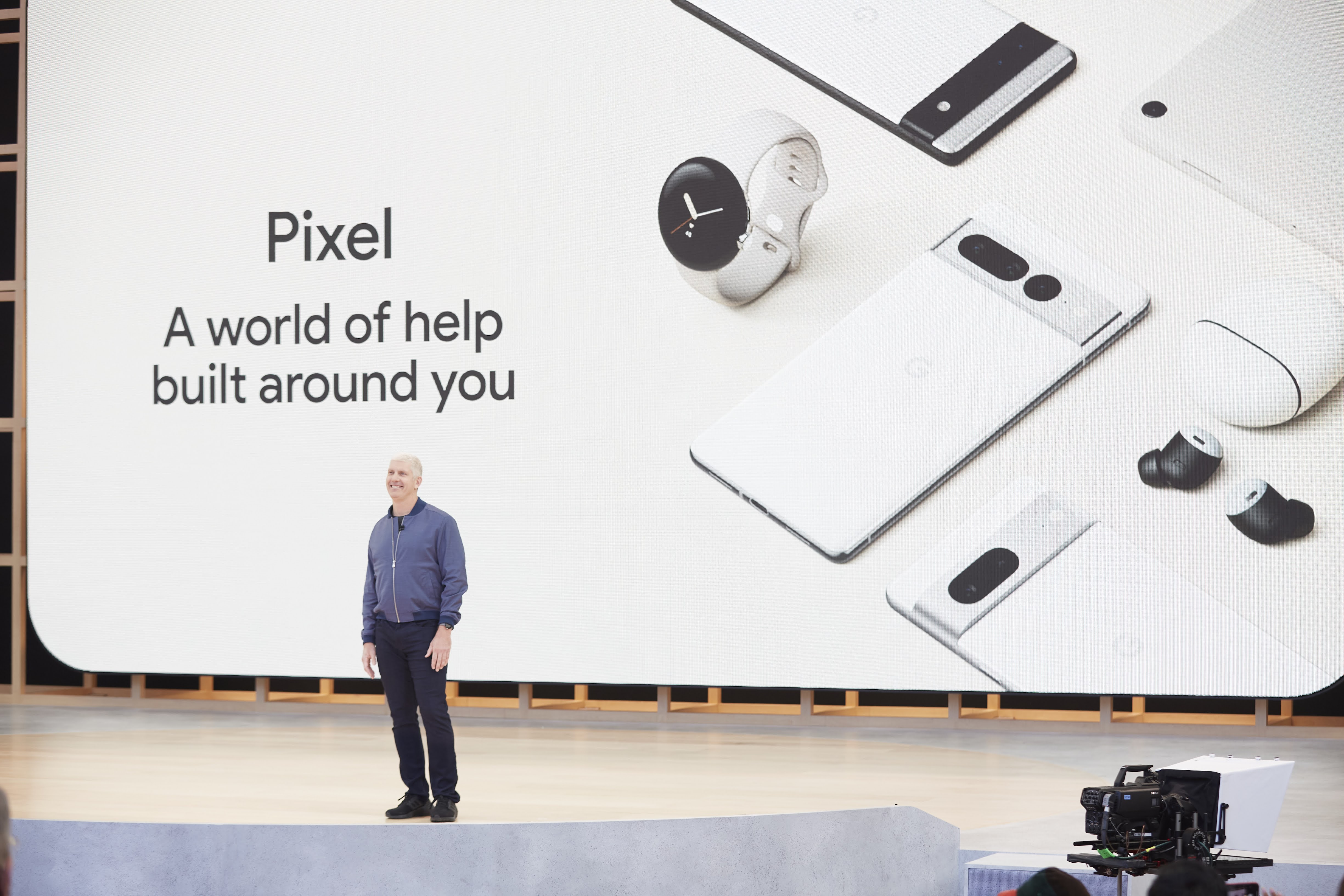
To Google, hardware specs don't matter as much as the software backing the hardware.
In Google's vision of the future, your Pixel phone, tablet, smart displays, and so on are all completely interchangeable. They all give you access to a conversational Assistant and smart home automation, so you can simply choose which device you prefer as your hub controller.
They didn't talk about hardware specs or features because these devices won't launch for months and plans could change; but arguably, it's also because to Google, the specs don't matter as much as the software powering the hardware.
You can spend almost a grand on a Pixel 6 Pro if you want a premium experience, but a $449 Pixel 6a or $49 Nest Mini will give you access to the same tools. And rather than create a new Nest Hub that's the "definitive" Google Home controller, Google allegedly rebranded its Nest Hub as the Pixel Tablet. Because if you can access Assistant and control your home on any device, why buy a traditional smart display?
From Google's perspective, it all makes perfect sense. It's pushing a complete hardware lineup for the first time in years, with the hope that increased Pixel sales will push users to buy the Watch or Buds next. But even if most of its new hardware doesn't sell well, it doesn't matter so long as they collectively keep enough users dependent on Google Assistant and Home instead of Alexa and Echo.
From a user perspective, it's fantastic that Google will make its devices interconnected but not interdependent, meaning you don't need to spend thousands like you would on a full Apple suite of products.
But I also don't know if "our stock devices will fade into the background and all offer similar features with little variation" is a winning strategy. Android users love to tinker with settings and install launchers, not sit back and let an invisible algorithm do all the work. And if you own the Pixel 7, what exactly is the incentive to also buy the tablet, aside from the interconnectivity?
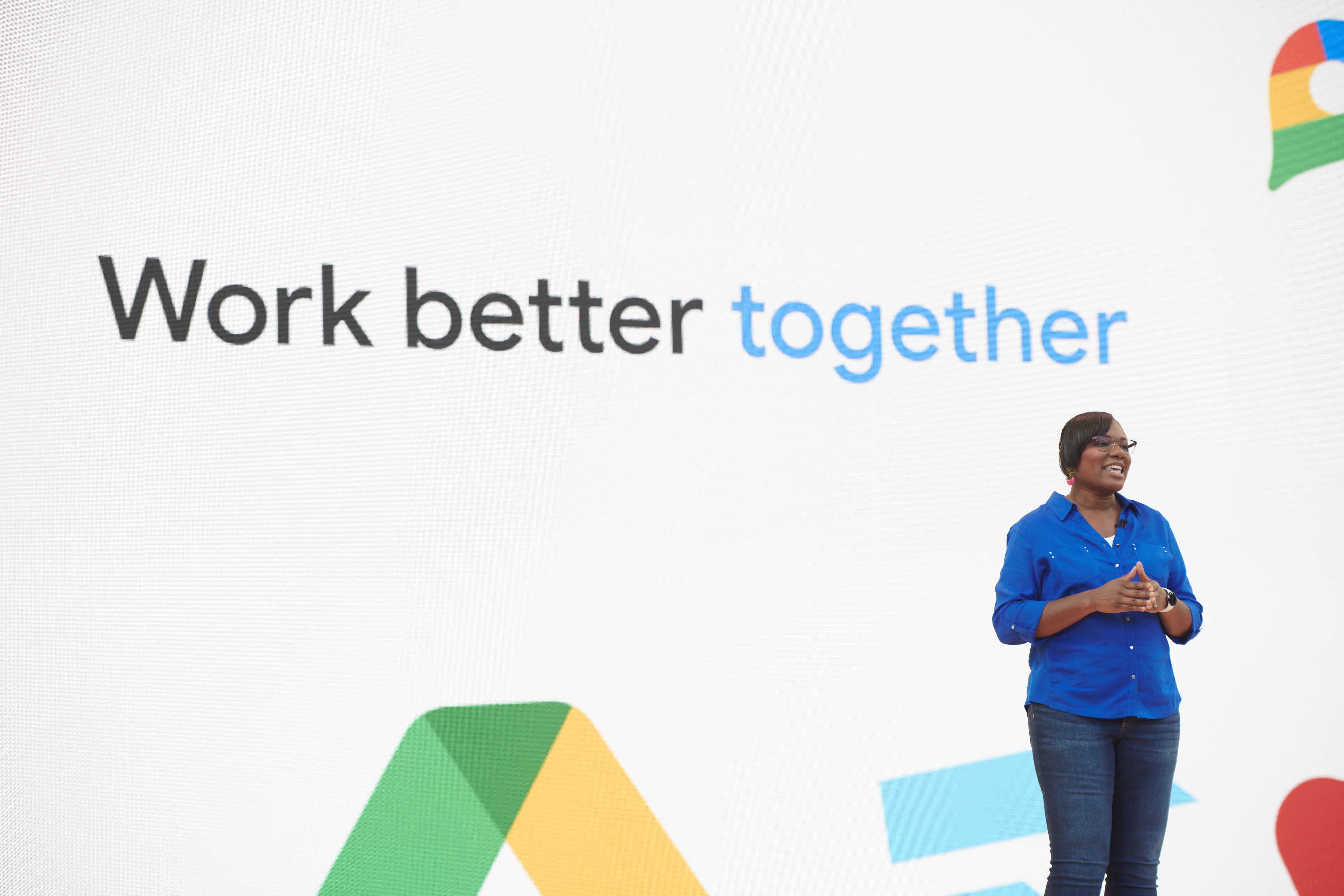
We also have to ask if Google's ambient computing focus is something we really want. Is automation really the end goal of a smart home?
We already see ambient computing in action with devices like the Nest Thermostat, which will adapt temperatures for you based on your energy bill and habits. And you can certainly use a smart security system to program your smart lock to lock or unlock based on your phone's location. This isn't a foreign concept.
There will always be circumstances where ambient computing won't work as intended or can't possibly predict exceptions to its algorithmic rules.
But no smart system short of a sentient AI will ever really know whether I want to pause my TV or not. Will it know I'm only going to the kitchen for ten seconds and don't mind it playing on because I've watched this episode before? Only if Google truly builds an epic profile of my habits that would depend on me solely using Google products, which would then raise another can of worms about privacy.
Google wants to use seamless automation to make Google Home a more compelling option than Alexa. But I don't think it'll achieve this by taking users fully out of the equation. There will always be circumstances where ambient computing won't work as intended or can't possibly predict exceptions to its algorithmic rules.
Instead, I think LaMDA could be the solution for one of the most annoying aspects of maintaining a smart home.
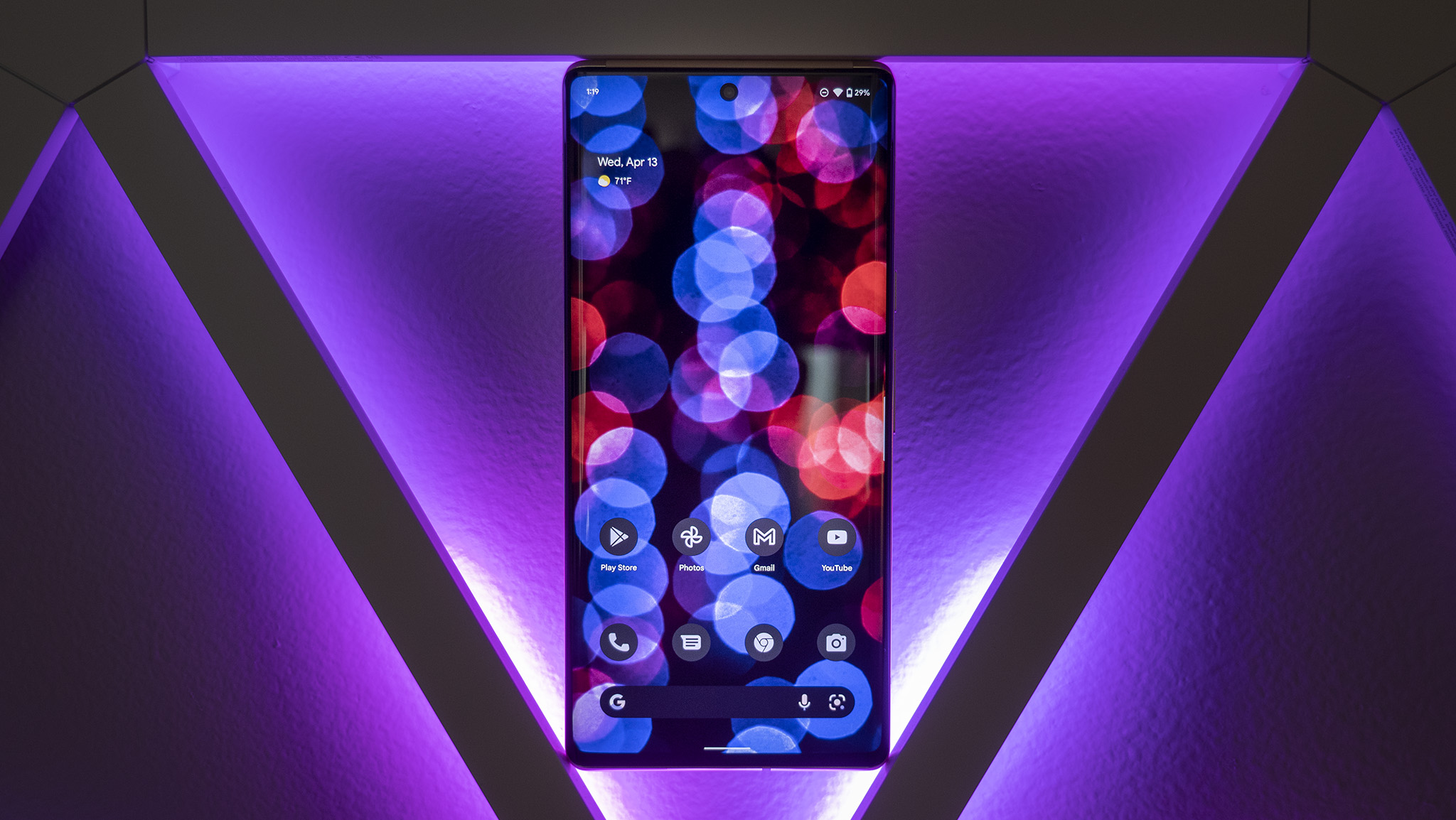
Picture this: you buy a new smart light panel and want to bathe your bedroom in colorful light. But then you have to dive into app settings, customize various presets, give it a name associated with the room, then figure out how to tie those settings to Google Assistant routines so you can access them with a command. It's a lot of effort, compounded by however many smart lights you install.
What if, instead, you start a conversation with Google Assistant (or LaMDA) and say you're setting up a Nanoleaf smart light. It promptly connects with the app and gives you a full list of everything you need to set up, hand-holding you through the process so it's not overwhelming. And it sets up the Google Home routines for you, but you're there to guide when lights turn on or what names to use.
I think smart home newbies and veterans alike would appreciate LaMDA setup assistance and guidance on creating routines themselves far more than lights that shut off automatically when you leave the room or a coffee maker that turns on when you wake up.
If Google Assistant can adopt LaMDA's tenacious focus, then it could easily guide people into personalizing smart home devices for themselves, giving it a convenient edge over Alexa. Google just needs to let people continue to command their assistant for themselves, rather than assume they can truly anticipate our every need.

Michael is Android Central's resident expert on wearables and fitness. Before joining Android Central, he freelanced for years at Techradar, Wareable, Windows Central, and Digital Trends. Channeling his love of running, he established himself as an expert on fitness watches, testing and reviewing models from Garmin, Fitbit, Samsung, Apple, COROS, Polar, Amazfit, Suunto, and more.
